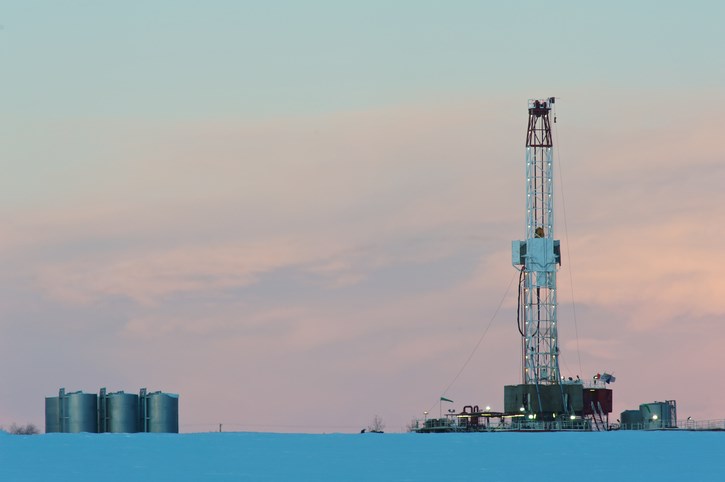Some of the NDP government’s front bench members found themselves squirming last week when their words uttered in Opposition came back to haunt them in government.
B.C. Green Party Leader Andrew Weaver delighted in taking a couple of hours to read into the record many of the statements made by a number of NDP MLAs on the possibility of an LNG industry taking root in this province.
Before forming government, many New Democrats either were vocal opponents of LNG or at the very least subjected the idea of that industry to ridicule.
Weaver compiled about 20 pages worth of quotes from NDP MLAs taken from Hansard in a remarkable version of the tried and true “that-was-then-but-this-is-now” political game. It was all part of his unsuccessful attempt to derail the NDP legislation that will sweeten the tax deal for LNG companies setting up shop in B.C.
“This is the big sellout of British Columbia,” was how Energy Minister Michelle Mungall characterized the former B.C. Liberal government legislation designed to woo the LNG industry back in 2015. Her government (which, admittedly, has come up with a more aggressive plan to fight climate change associated with LNG projects) has essentially adopted that legislative framework.
Premier John Horgan, whose government has a 40 year deal with LNG Canada, decried the B.C. Liberals’ own plan to have a 25-year contract and during debate on the 2016 Throne Speech said “we had a project development agreement tabled in this place that saw the ability for companies coming here to have a 25-year tax holiday. Where’s the benefit to British Columbia?”
Meanwhile, in 2016 the current environment minister expressed outright horror at the prospect of an LNG project rearing its ugly head in B.C.
“We are creating significant environmental catastrophe, significant health issues and we are going to cost the economy of this province, this nation and the world billions of unnecessary dollars,” was Environment Minister George Heyman’s view of the impact an LNG industry would have on climate change.
Back in 2015 when she was the finance critic and not yet the finance minister, Carole James’ view of the B.C. Liberals’ LNG plan (which was even less generous to the industry than her government’s plan is) was decidedly negative, as she branded it as “the wrong direction for our province to go. It’s the wrong direction for a government to go.”
You get the picture.
Some may call all this a rampant case of hypocrisy, but I beg to differ.
Instead, I think it is yet another example how the positions a party takes in Opposition are often irrelevant and subject to change and even reversal once it forms government.
An Opposition that is in constant agreement with a government is likely not going to be a very effective counterweight to the power in the legislature. But it has to change its mindset once it takes on the more difficult task of governing.
Once passionate critics of the former government’s LNG framework, the NDP is now a strong champion of the very industry it mocked for so long. The realities of governing – needing to grow the economy, find revenue streams, create jobs – are foreign concepts to the often make-believe world of Opposition.
So I don’t fault the NDP for switching gears here, but that does not make the government immune to accusations of hypocrisy in other areas.
Take the recent airing of partisan radio ads that promote the NDP and attack the B.C. Liberals. They are paid for out of the taxpayer-funded budget for the NDP government caucus.
This is a blatant, crass move directly tied to self-centered political interests and unlike wooing an LNG project, has nothing to do with public policy or the economy.
The NDP rightly condemned the former B.C. Liberal government for spending money on advertising that promoted government policies and promised to never spend tax dollars on partisan political ads. So much for that promise.
No, these ads definitely meet the hypocrisy sniff test.
Switching positions on LNG? Not so much.
Keith Baldrey is chief political correspondent for Global BC. [email protected]



